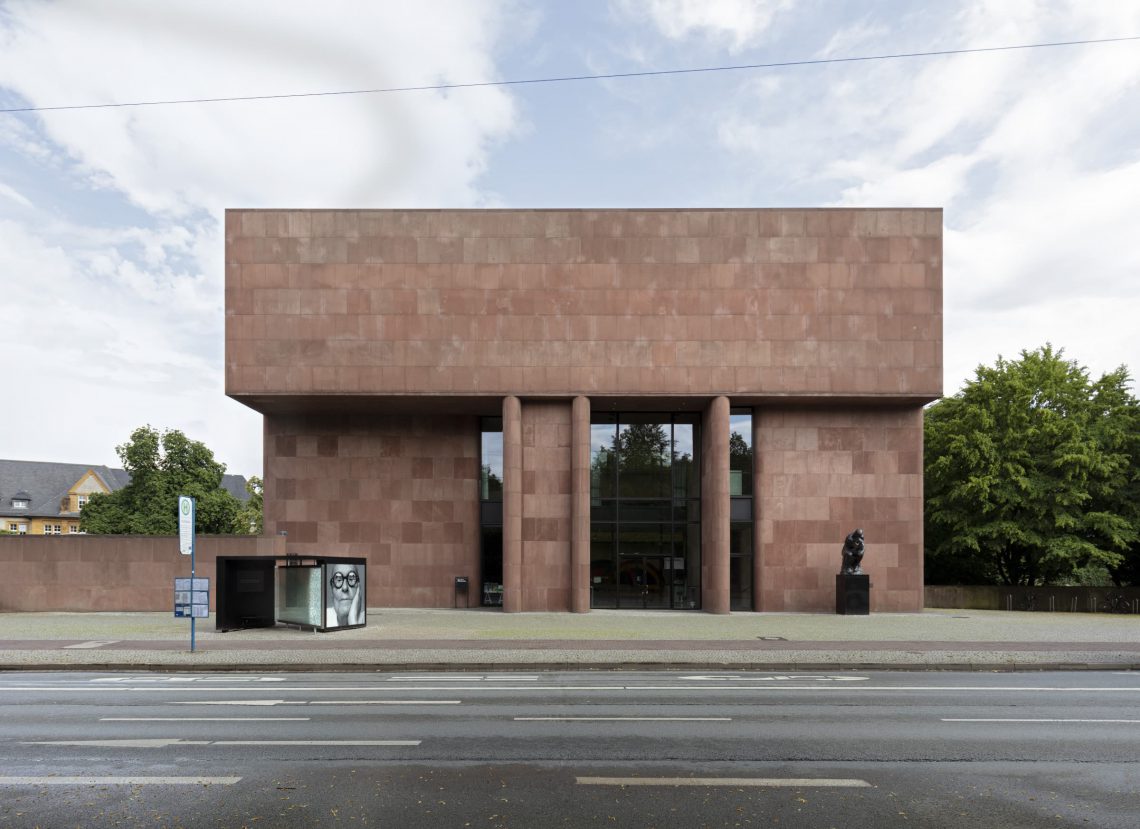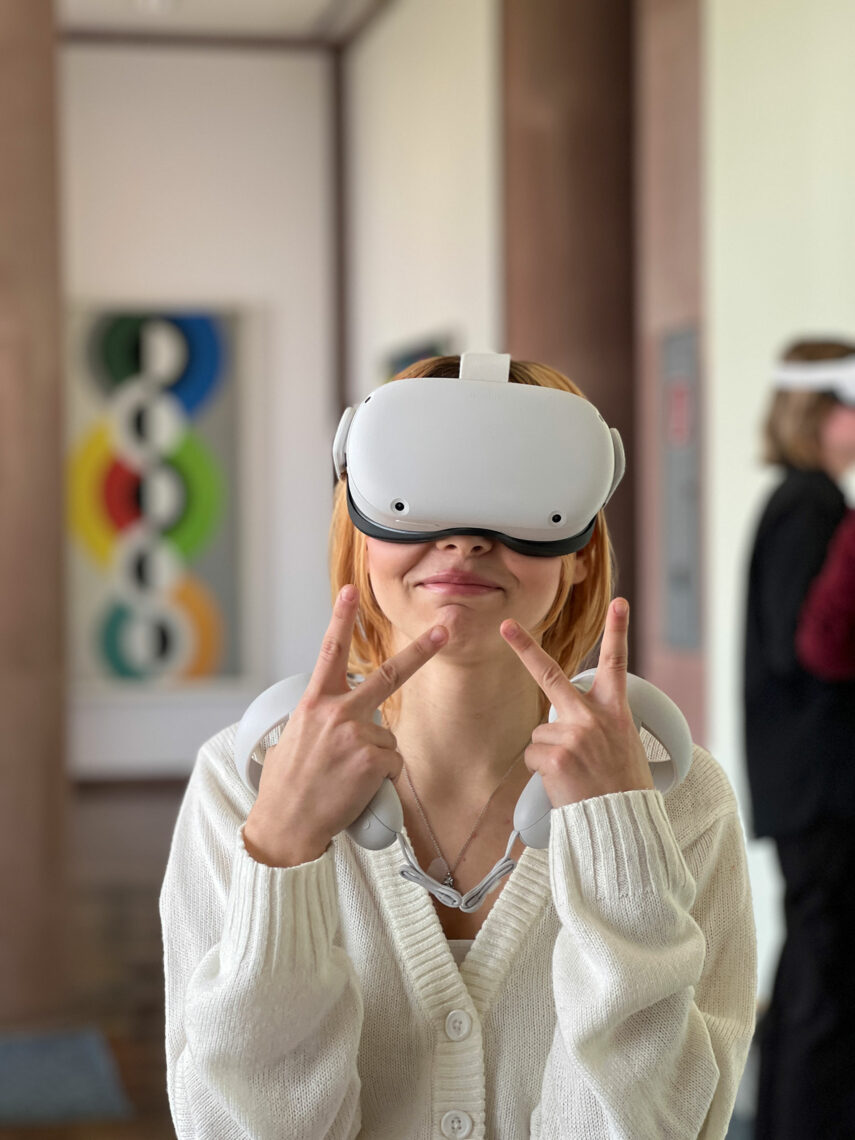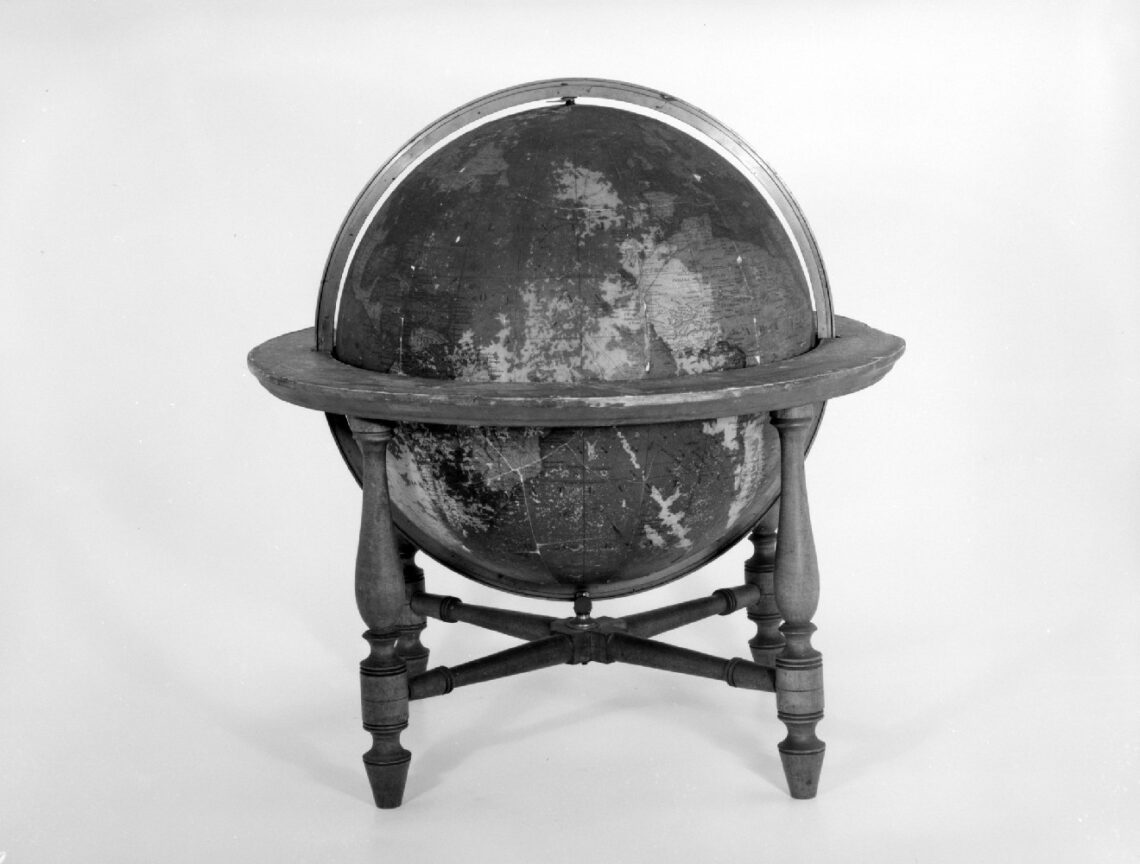Moral communication in architecture. About Philip Johnson and Others
A contribution by Prof. Dr. Stephan Trüby
Professor of Architectural Theory and Director of the Institute for the Foundations of Modern Architecture and Design, University of Stuttgart
Impulse lecture within the framework of the symposium
Yesterday. Today! Tomorrow?
From the museum of late modernism, its history and its future, monument protection, the “third place” or climate box versus climate crisis.
Part I, April 21 + 22, 2023
Good Spirits, Bad Spirits: Facing the Stories of the Kunsthalle
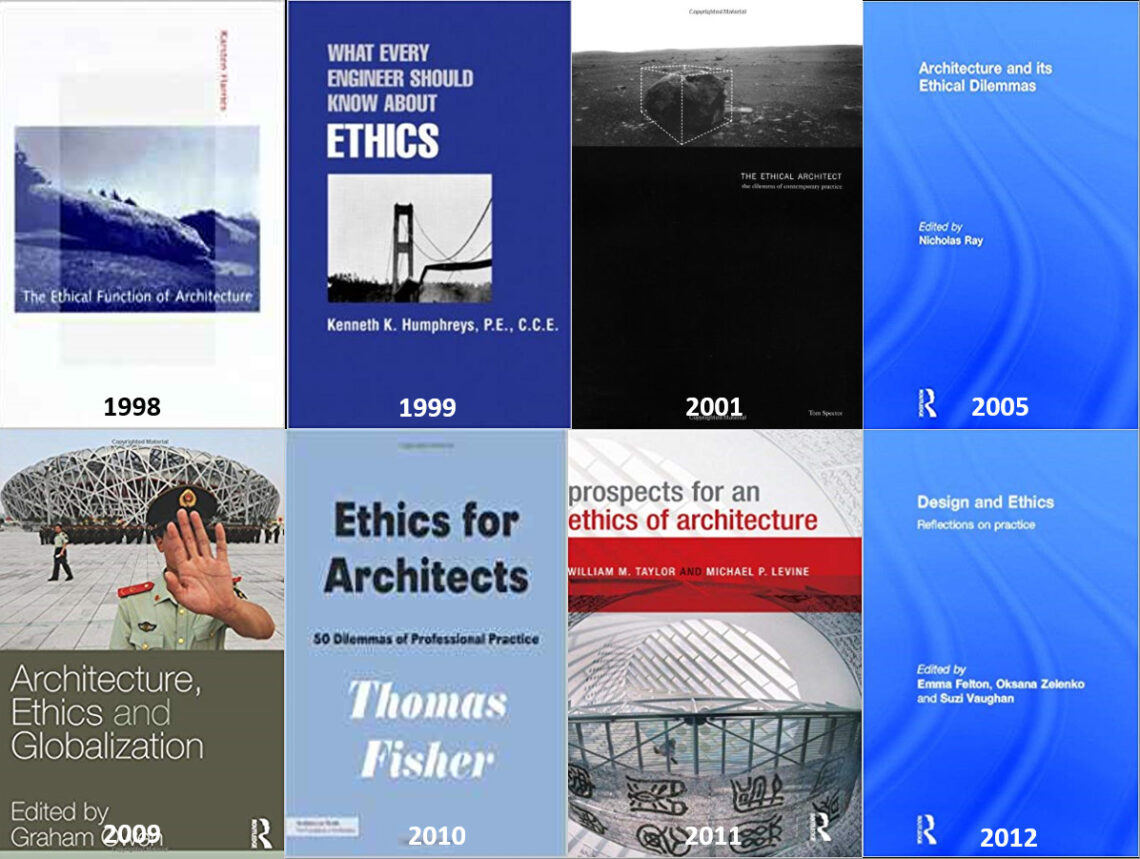
At rhythmic intervals, architects and urban planners awaken from the well-deserved sleep of artistic autonomy discourses on good and bad building to find themselves in a waking state of good-bad debates. At present, too, morning toilet is again being performed in all places: Questions of morality, ethics, justice, and responsibility permeate architectural discourse in an enervated manner not thought possible since the 1970s, since the advent of a traditionalist architecture and urban planning pigeonholed under the label of “postmodernism”. This is exemplified by the countless area ethics in the broad field of building and environmental design in general, which began to fill library shelves especially from the late 20th century onward. The many debates of recent years and decades surrounding architects such as Philip Johnson, Rem Koolhaas, Wolf Prix, Zaha Hadid, and Patrik Schumacher also stand for this, and Stephan Trüby will take a look at them against the background of his “Rights Spaces” research.
You can watch the recording of the entire talk here.
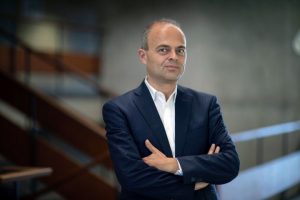
Prof. Dr. phil. Stephan Trüby (* 1970) is Professor of Architectural Theory and Director of the Institute for the Foundations of Modern Architecture and Design (IGmA) at the University of Stuttgart. Previously, he was Professor of Temporary Architecture at the HfG Karlsruhe (2007-09), directed the MAS Scenography/Spatial Design postgraduate program at the Zurich University of the Arts (2009-2014), taught architectural theory at Harvard University (2012-2014), and was Professor of Architecture and Cultural Theory at the TU Munich (2014-2018). His most important books include Exit Architecture. Design between War and Peace (2008), The World of Madelon Vriesendorp (2008, with Shumon Basar), Germania, Venezia. The German Contributions to the Venice Architecture Biennale since 1991 – An Oral History (2016, with Verena Hartbaum), Absolute Architecture Beginners: Writings 2004-2014 (2017), The History of the Corridor (2018), and Right Spaces. Political Essays and Conversations (2020).
The symposium is sponsored and supported by:

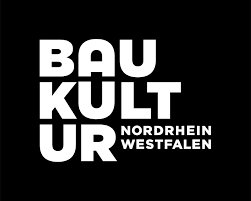

Gallerie

